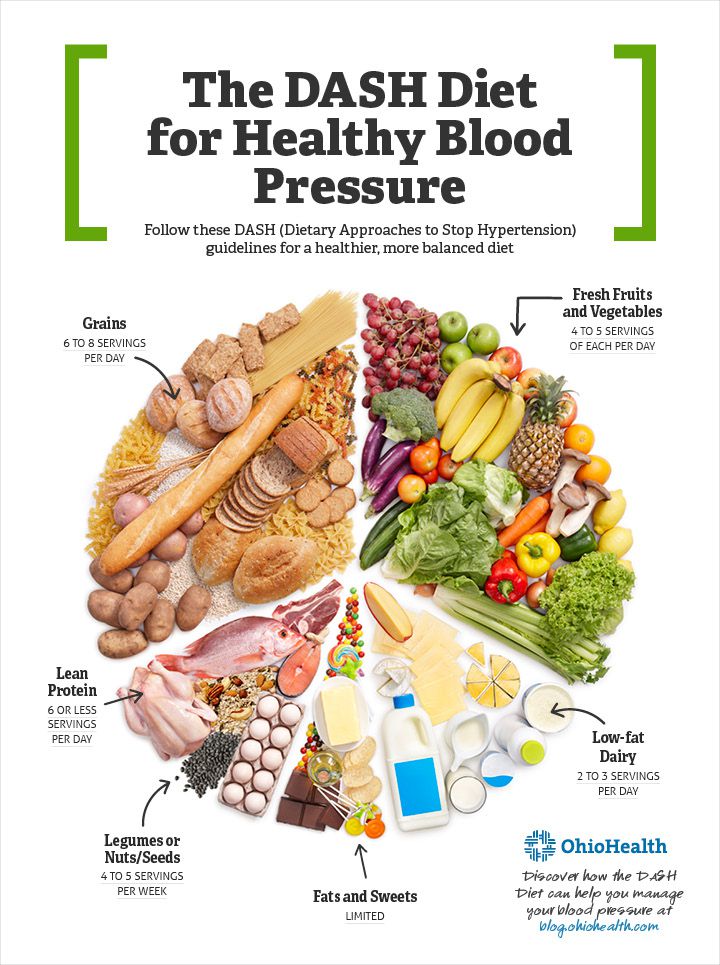Listen de Podcast
Hello! The week starts and we are back...
In our previous post we addressed how exercising helps us maintain a healthy brain and we also offered recommendations on what exercises are best for different age groups.
Today, join us in our discussion on how our eating habits are critical to maintain our brain and cognitive health.
Science provides us with interesting results about the impact that nutrients have on our brain’s health. In this regard, the most studied nutrients up to the moment are Omega-3 Fatty Acids, Vitamin D and antioxidants. Let’s review some of the most relevant results obtained till date on this topic.
Omega-3 Fatty Acids is a group of essential polyunsaturated fatty acids, which means the human body cannot produce them from other substances. The most common Omega-3 source is found in fish and oils extracted from seeds such as nuts.

In the case of fish, it’s commonly derived from the so-called oily fish, which are the ones that have a fat concentration superior to 5% between the muscles. Nowadays, it is also frequent to find Omega-3 supplements that can be used as dietary supplements.
The benefits of Omega-3 on brain health have been ascertained mostly in seniors that show cognitive impairment, but that have not yet developed dementia. In countries like Japan, where there is a high consumption of Omega3-rich foods, cardiovascular diseases frequency is low due to the anticoagulant effect this fatty acid has. Hence the principle that everything that is good for the heart is also good for the brain.
Recent studies have also suggested a link between Vitamin D and cognitive health. It has been observed that Vitamin D supplements bring a significant improvement to the cognitive performance of dementia patients. To maintain Vitamin D high levels seems crucial in order to improve cognitive functioning and to prevent a slowdown in seniors.
Vitamin D can be obtained from oily fish consumption and from the exposure to natural sunlight. It’s highly recommended for seniors to increase their intake of Vitamin D food than any other age group.
The elderly present more risks of Vitamin D deficiency due to several reasons, among them is less exposure to sunlight, lower capacity of the skin to synthesize this vitamin, reduction of kidney function and a deficient Vitamin D diet.
There are also studies that suggest the preventive effects of adding vitamins such as E and B, and that state therapy with vitamin B-12 reduces gray matter atrophy. Vitamin B-12 can be found in most foods of animal origin such as fish and seafood, meat (especially beef liver), poultry, eggs, milk and dairy products. Additionally, it can be found in vitamin supplements.
Other studies have focused on the effect of different food combinations: one of the most popular is the the so-called Mediterranean Diet: a combination of food that includes an elevated consumption of fruits, vegetables, grains and complex carbohydrates along with a mild consumption of fish, olive oil and red wine.
Another type of diet that is suggested to be included is The Dietary Approaches to Stop Hypertension (DASH) which calls for a considerable consumption of vegetables, fruits, nuts and grains, and a mild consumption of red meat, lower intake of fat foods, sugary drinks and alcohol.

Diet combinations also exist such as the MIND diet, a hybrid between the Mediterranean and DASH diets, there are studies that show people who follow them for years, experience a reduction in the risks of suffering from dementia.
The effectiveness of these diets is related to the combination of several food of high nutritional value that have a positive impact on vascular and cardiovascular health, and brain health. Don’t forget that everything that is good for the heart is also good for the brain.
When you decide what to eat and make the best choices, you are improving your eating habits at home and you are not only taking care of your general health, but also the health of your loved ones.
In our next article we will discuss a very interesting subject of current relevance: Is it possible to prevent dementia?
We hope you’ll join us for our next episode. If you would like to know more about other topics or content through our blog and podcast series, feel free to contact us. To access other blog post and podcasts, please visit www.ranyhealth.com or follow us on our FACEBOOK and TWITTER pages.
I wish you a great week. See you soon!